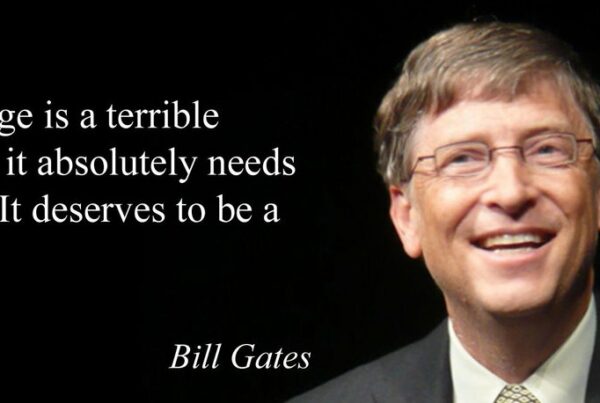By Rosabeth Moss Kanter, Arbuckle Professor at Harvard Business School
If executives had made it to 2020 by largely avoiding organizational transformation, the COVID-19 pandemic is certain to change that. The beginning of a new decade, already defined by widespread disruption, introduces change as an inevitable catalyst. “It’s time to let in some fresh air,” says Rosabeth Moss Kanter, Arbuckle Professor at Harvard Business School. In a compelling article written for the Wall Street Journal last November, Kanter outlines the necessity of breaking out of the structures of uniform thinking and repetition.
The problem across organizational types, and especially large enterprises, is the C-suite operating in a realm of the “same people speaking the same language and confirming the same basic ideas.” To counteract stagnancy, Kanter suggests the following shifts:
- Enter the startup “milieux” to open minds to entirely new possibilities. New possibilities originate from breaking the mold of convention within an organization — going beyond decor norms like open-concept layouts — by going out into the world to be “stimulated by a clash of diverse ideas in diverse communities or sectors.”
- A know-it-all mindset stifles innovation. Conferences and board meetings bring together the same people and the same ideas, over and over again. Innovation is not found in scenarios where learning and adaptation are not required.
- Seek out new experiences that are outside-the-building. “Possibilities can spring up anywhere, anytime, if leaders are listening” — explore unconventional environments that provide broader perspectives, new trends, and direct experiences that propel new ideas and possibilities.
Outdated modes of meetings and conferences with the same mindsets and groups is not enough for the new world. A brave, open-minded approach to leadership and learning will help organizations transform from the inside-out, bringing a breath of fresh air to their industry and the global marketplace.











